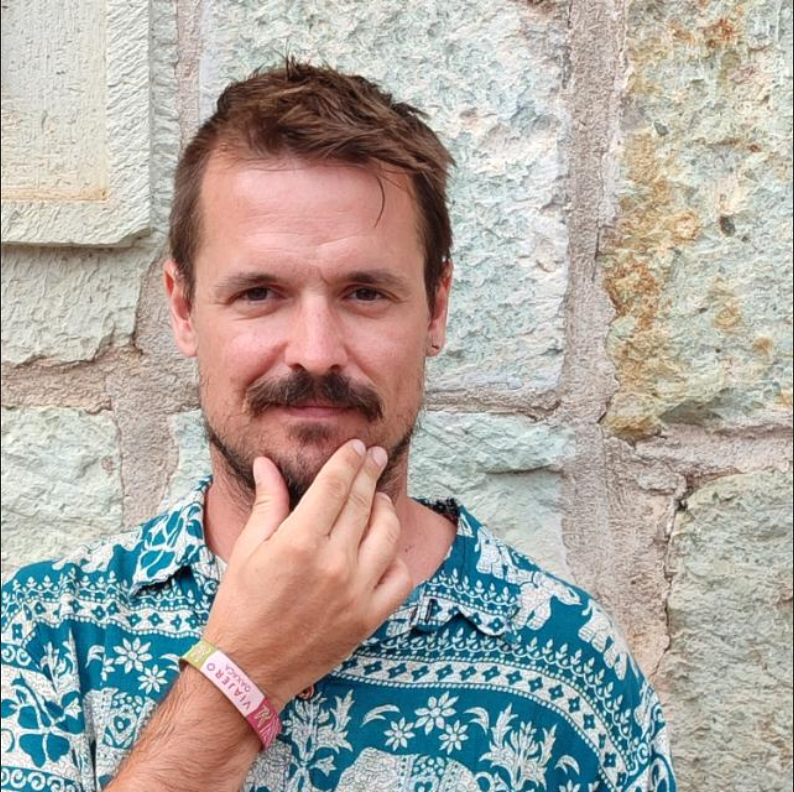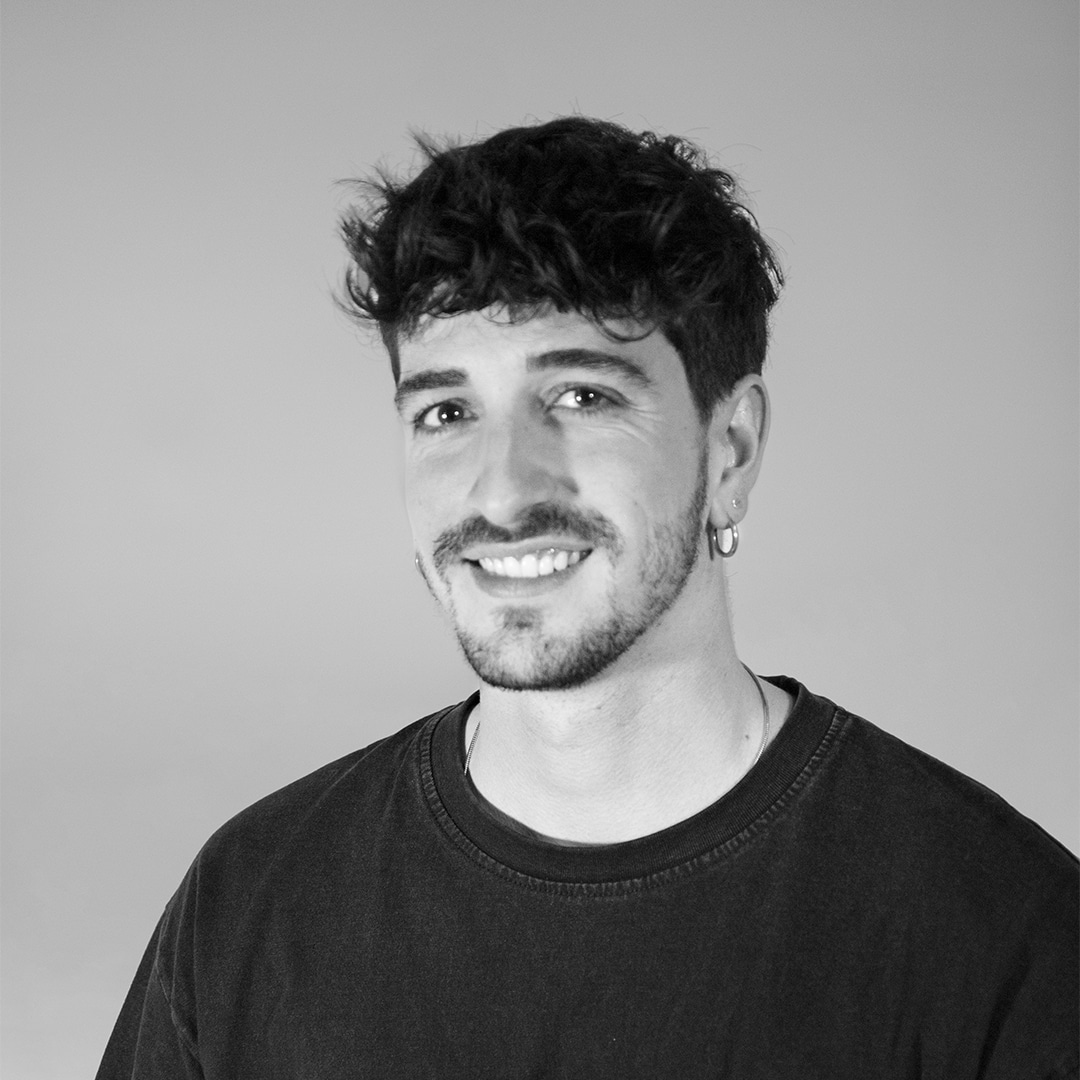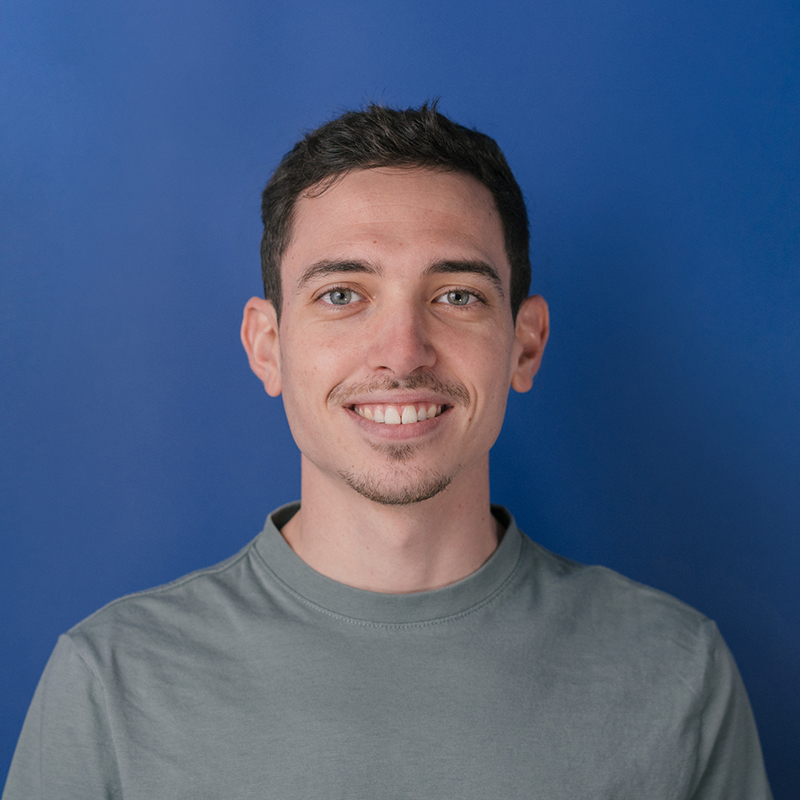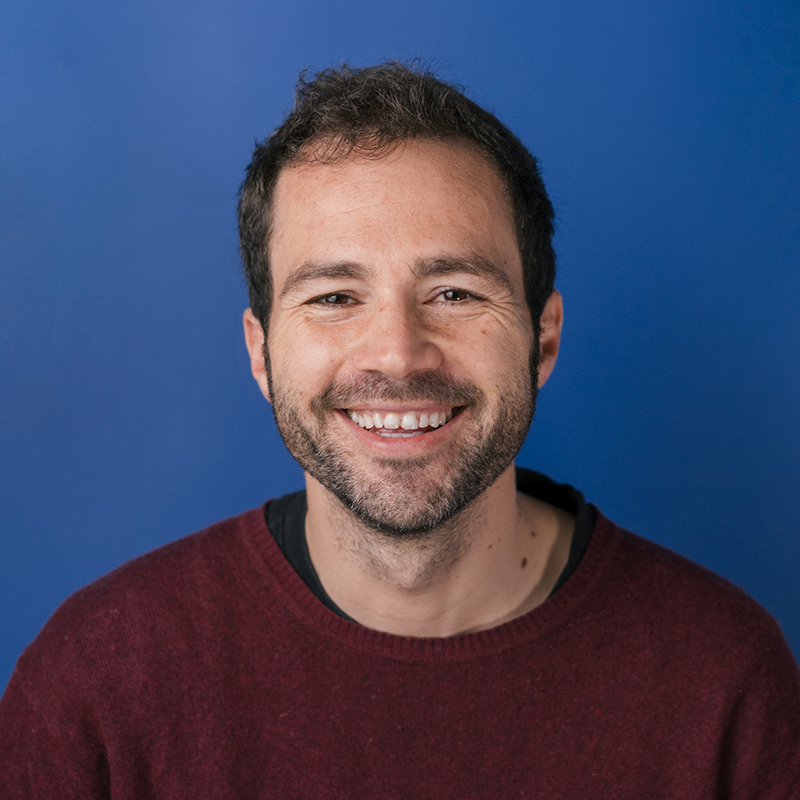Fundamentals of Digital Fabrication
Syllabus⇝
The Fundamentals of Digital Fabrication seminar is the first contact for new MDEF students with the technologies, tools, and fabrication processes available in the lab. Over the course of nine weeks, we will introduce the main 3D design software, digital fabrication machines, basic electronics concepts, and some design and production techniques that will undoubtedly be extremely useful for developing more elaborate and meaningful projects throughout the course. Each session will also contain a complementary task that will be done in groups.
The seminar is composed of 9 sessions spread over 9 weeks. Each session includes 2,5 hours of class or project development and 4 hours of support.
Keywords: Fabrication, Electronics, Design
Learning Objectives⇝
- Familiarizing oneself with all areas of the Fabrication Lab, along with their rules and safety protocols.
- Gaining proficiency in the operation of hand tools and power tools in the Workshop area, while overcoming any hesitation in using them.
- Acquiring a foundational understanding of 2D design and 3D modeling in Fusion 360, and becoming comfortable with its interface.
- Learning the workflow of the three primary digital fabrication technologies (3D printing, laser cutting/engraving, CNC machining), along with the basic principles of their operation.
- Understanding the fundamentals of coding in C++ using Arduino IDE and creating flow diagrams.
- Identifying the Barduino Board and the key electronic components used as INPUTS and OUTPUTS.
- Applying theoretical knowledge in hands-on design and production projects.
- Developing an effective setup for Design Dialogues.
Materials Needs⇝
All materials needed for the course will be provided by the faculty. The students are required to bring to the classes their own students toolkit and the programming boards given to them at the start of the academic year, other development boards, sensors and actuators will be provided during the workshop.
Bring in your laptop and any prototyping tools you have around such as a cutter, tape, markers, screwdrivers...
Do you have any old appliances (radios, toys, telephones, lamps, screens, keyboards...) at home you would like to take apart? Bring them, too! (For safety reasons, avoid choosing appliances with a lot of power or that are easily heated).
Schedule⇝
Session 1:
09/10/2024 from 14:30h to 17h | MDEF class + LAB
- Introduction to the course and calendar
- Presentation on fabrication, prototyping, tools and materials
- Lab visit and power tools demonstration
Session 2:
16/10/2024 from 14:30h to 17h | MDEF class
- Introduction to Arduino IDE and Barduino
- How to make a flow diagram
- INPUTS and OUTPUTS
Session 3:
23/10/2024 from 14:30h to 17h | MDEF class + LAB
- Introduction 2D design with Fusion 360 or Rhinoceros
- Laser theory
- 2D fabrication with Laser machines + Vinyl cutter
Session 4:
30/10/2024 from 14:30h to 17h | MDEF class + LAB (?)
- Introduction 3D design with Fusion 360
- 3D printing theory
- 3D fabrication with 3D printers
Session 5:
06/11/2024 from 14:30h to 17h | MDEF class
- Casting and mould design theory
- Practical demonstration of casting material
- Mould development in class
Session 6:
13/11/2024 from 14:30h to 17h | MDEF class + LAB
- Networking with microcontrollers
- Intro to Processing/P5.js
- Activity on networking
Session 7:
20/11/2024 from 14:30h to 17h | MDEF class + LAB
- CNC milling
- Activity on CNC milling joinery
Session 8:
27/11/2024 from 14:30h to 17h | MDEF class + LAB
- Modular Design
- Activity on modular design for Design Dialogues stands and furniture
Session 9:
04/12/2024 from 14:30h to 17h | MDEF class + LAB
- Design Dialogues preparation
Deliverables⇝
Students are not required to post class notes to their blogs/web. They should only upload documentation of the activities done in class (or outside) and their results. A reflection on the technologies learnt and their possible link to their project will also be required.
Grading Method⇝
The evaluation for this seminar will be primarily based on students' participation, attitude in class, and the content they post and document on their blogs. As the assigned tasks serve mainly as tools for learning, formal evaluation of them will be minimal, making active engagement in class the key factor for success. There won’t be a big final project to evaluate either.
- Participation: 30%
- Prototype development: 50%
- Self-assessment: 20%
Course Resources⇝
Faculty⇝
Dídac Torrent is an Industrial Engineer and Product Designer and Developer from Barcelona, with extensive experience in digital fabrication and rapid prototyping technologies. He holds a BA in Industrial Design and Product Development Engineering from Universitat Politècnica de Catalunya (UPC) and a Master in Design for Emergent Futures from Fab Lab Barcelona (IAAC) and ELISAVA.
During the last years, Dídac has been working in places such as LaMáquina by Noumena as a 3D printing engineer, as a Makerspace technician at Ateneu de Fabricació de Nou Barris and as a Precious Plastics researcher, among others. Now, he works as a Fabrication Lab Assistant and Manager at Institute of Advanced Architecture of Catalonia (IAAC), and teaches courses in Digital Fabrication and Electronics.
Josep Martí is an Industrial Engineer from Barcelona. Josep started his career as a BI consultant but decided to change his professional path graduating from Fabacademy in 2019. Since then, he has taught digital fabrication, design and electronics in the Fablab, being part of the Future Learning Unit teaching in Fabacademy, Fabricademy and the Master in Design in Emergent futures. Recently, he started his path as a researcher in Erasmus+ projects. He holds a Bachelor’s degree in Industrial Technology Engineering and a Master’s degree in Industrial Engineering, specialising in Automatic Control, both from the Polytechnic University of Catalonia (UPC) and the Fabacademy diploma. He has always been interested in the Maker culture and is always looking to learn and create new things.
Santiago Fuentemilla Garriga , is Master degree in Architecture and postgraduate in digital fabrication and rapid prototyping (Fabacademy). He accumulates more than 15 years of experience in studios (OPR, FHAUS, OPERA, Brullet de Luna associats), designing multidisciplinary projects at an international level. Since 2013 he is part of the IAAC - Fab Lab BCN team, as coordinator and leader of Future Learning Unit (FLU), an area of research, design and implementation of innovative educational models that promote growth, learning and creativity to generate opportunities to achieve the goals and challenges of uncertain futures. FLU participates in private and EU funded research projects such as TEC-LA, Shemakes, Ruractive, DOIT, Phablabs 4.0, Creative Minds, among others. He is director of the global academic programs Fab Academy and Fabricademy, in the Barcelona node, executive board of Fab Learning Academy, and faculty of the Master in Design for Emergent Futures (MDEF) and The Master in Design for Distributed Innovation (MDDI).

Adai Surinach
Digital Fabrication Expert
Adai graduated with a superior degree in engraving and stamping techniques at Llotja School of Art and Design in Barcelona. After graduation, he became interested in 3D printing, taking him to get involved in Fab Labs until becoming an intern at Fab Lab Barcelona. Shortly after, Adai undertook Fab Academy in 2022 and started working at the lab in different projects like Smart Citizen and as an instructor in academic programs.

Daniel Mateos
Digital Fabrication Expert
Multidisciplinary maker and educator with skills in 3D design, 3D printing, metalworking, electronics, programming, biology, and extensive education experience. I have developed careers in the fields of biology, data science, and education. I am currently in transition to employment that uses my skills in digital fabrication, metalworking and electronics. I’m an extremely capable self-learner, very sociable and would love to integrate in a team with shared values to have an impact in the world, preferably at local scale.


